

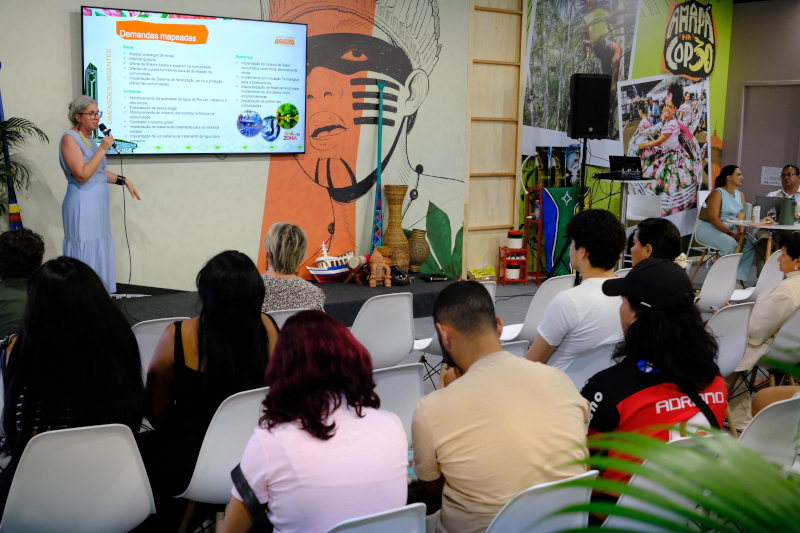
Researchers from the Amazon+10 Initiative begin presenting their initial findings in the social, environmental, and economic areas.
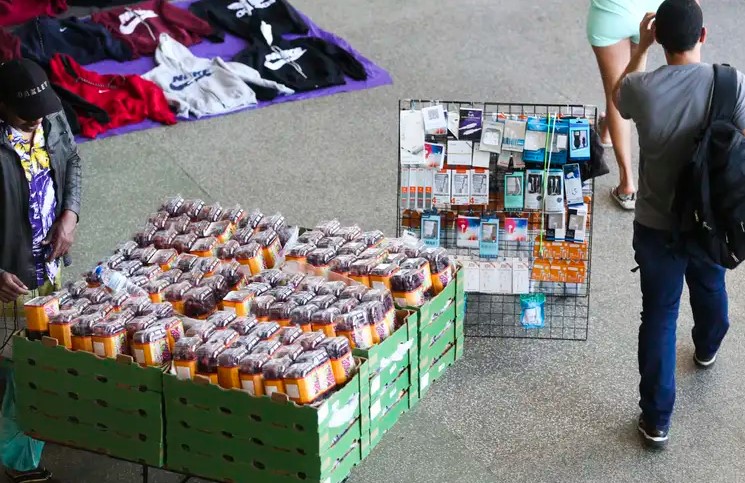
A study conducted in a poor suburb of São Paulo city (Brazil) analyzed how low-income communities deal with the hardships deriving from the economic crisis that began in 2014 and worsened during the pandemic.
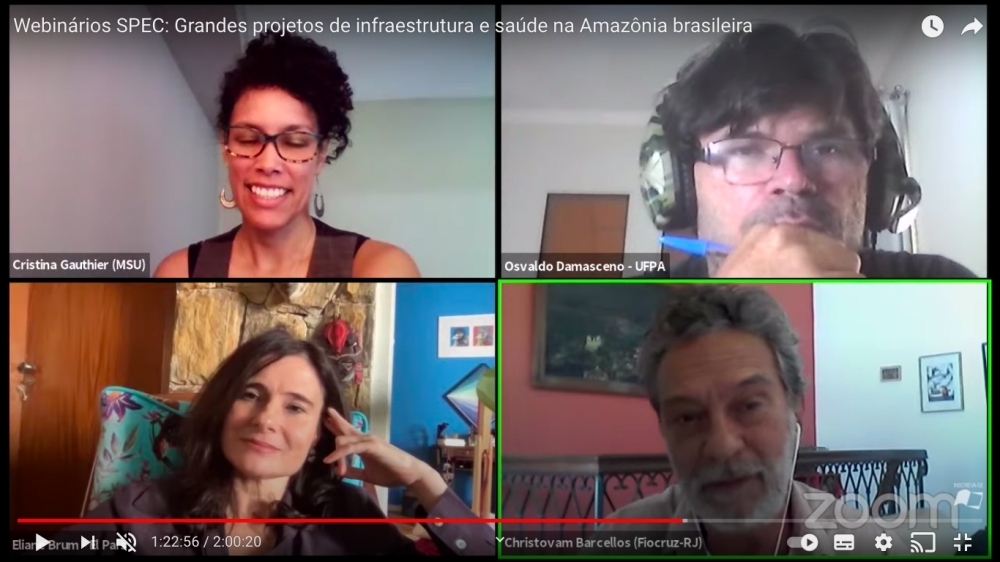
For scientists gathered at this FAPESP-hosted webinar, projects like the Belo Monte dam and the Transamazon highway have had few local benefits and led to a rise in poverty, violence, deforestation and disease.
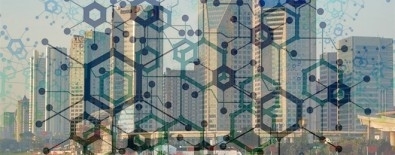
Researchers have completed the first stage of a technical study on the creation of environments designed to foster the development of innovative solutions and creativity in the cities of São Paulo and Campinas.

A total of BRL 18.5 million will be allocated to funding for collaborative projects by researchers in the state of São Paulo with colleagues in other countries. Proposals must be submitted not later than July 10.
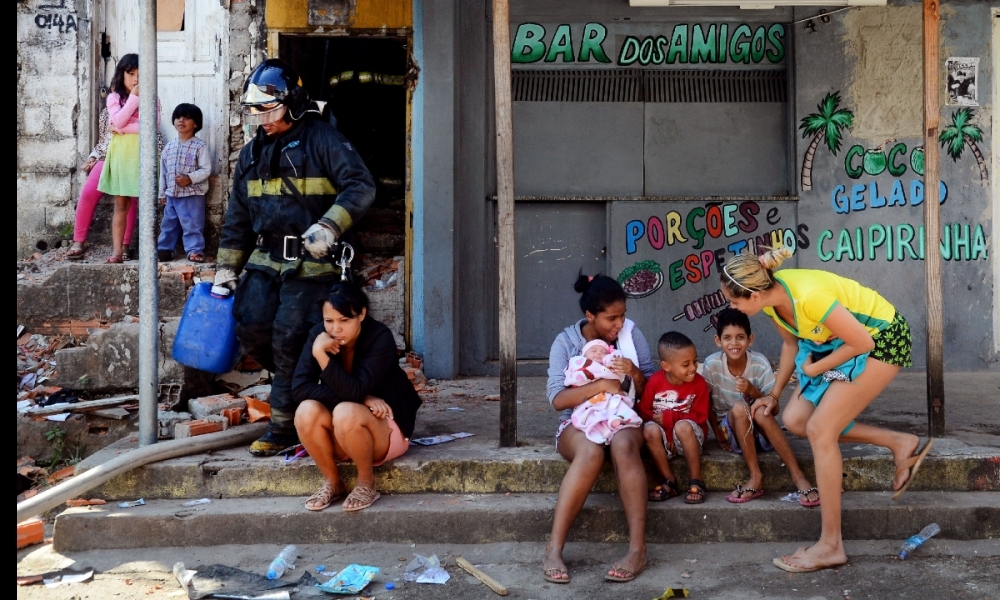
Roadmap proposes 25 research priorities in strategic areas to build a more equitable, resilient and sustainable future.
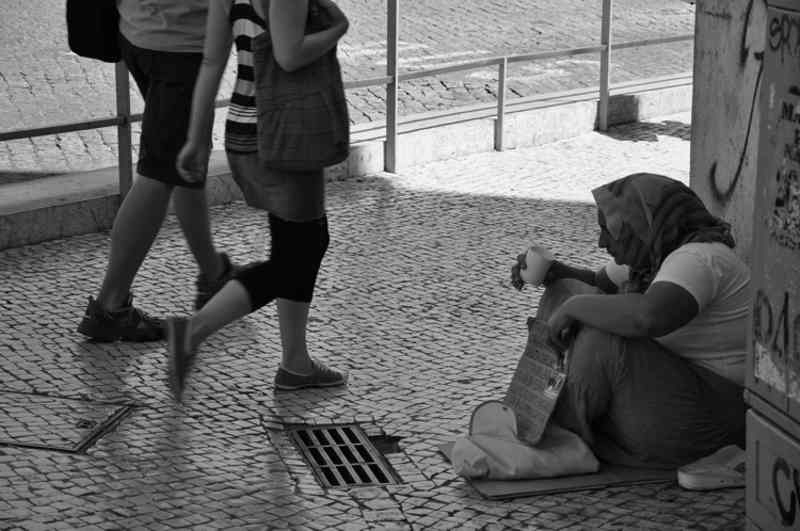
Scientific Director Luiz Eugênio Mello is taking part in a group charged with providing scientific support to the United Nations Research Roadmap for the COVID-19 Recovery.

The website developed by researchers at the University of São Paulo includes videos, illustrations, texts and posters with information on the right way to put on and take off masks, gloves, gowns and other items.
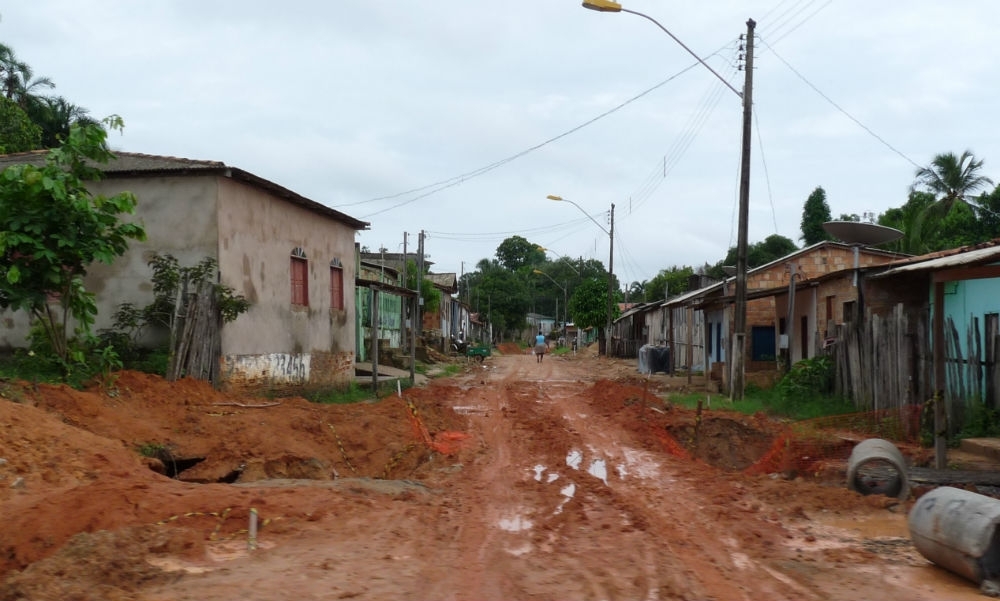
Construction of hydroelectric dam contributed to rise in cost of living and electricity for local population, and exacerbated problems in housing, water supply and sanitation, according to study supported by FAPESP.
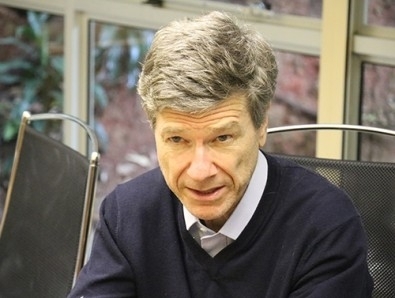
US economist and sustainability expert Jeffrey Sachs stressed the need to integrate science, engineering and public policy in a video address to the annual meeting of the Global Research Council in São Paulo.
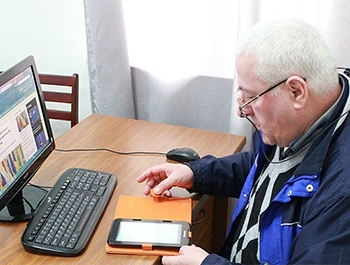
Survey shows that over-60s are not less productive and do not fuel youth unemployment by staying on the labor market